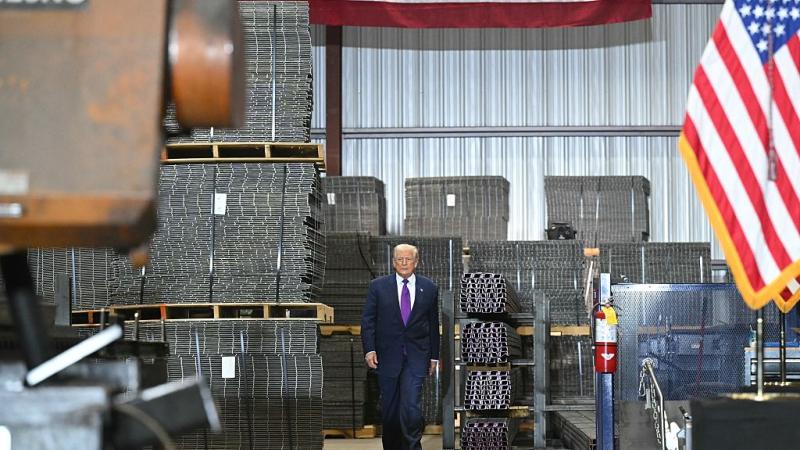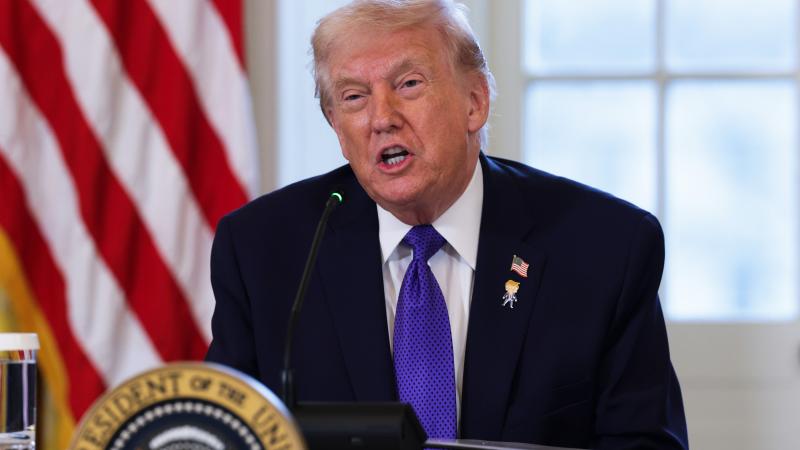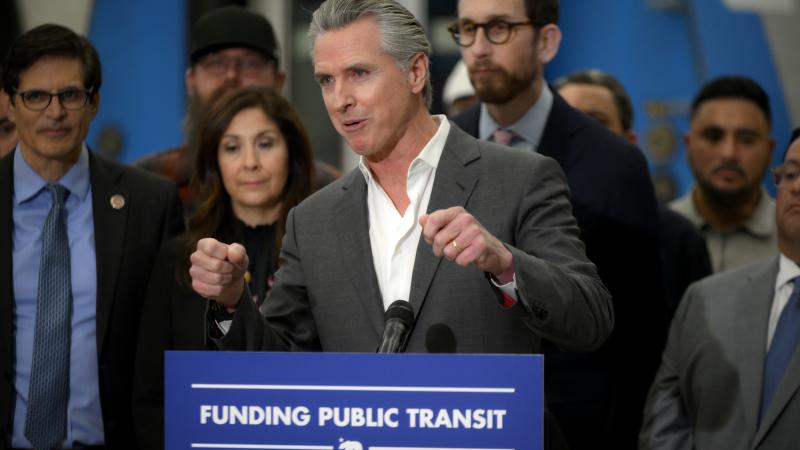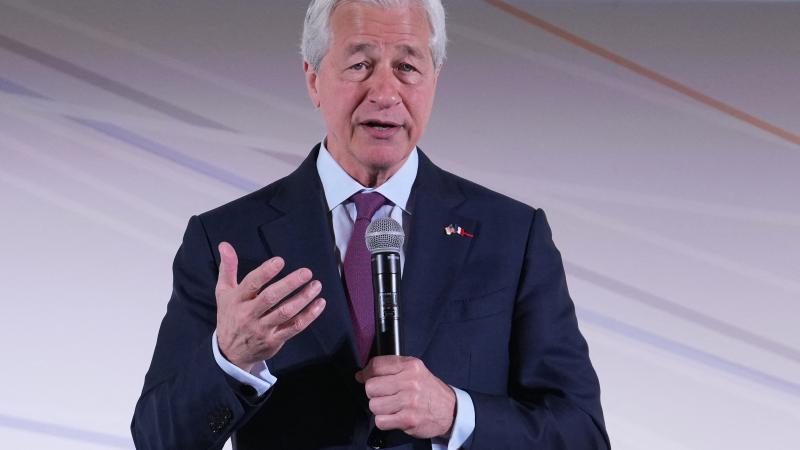Trump makes another try for Russia-Ukraine peace deal as voters demand pivot to home front
Contributing to the administration’s sense of urgency is increasing voter wariness of his foreign entanglements.
President Donald Trump is making a last-ditch effort to secure a peace deal between Ukraine and Russia as pollsters and supporters alike increasingly urge him to prioritize domestic issues or risk a midterm rout.
Trump promised in 2023 to end the Ukraine War within 24 hours of returning to the White House, though that self-imposed deadline has long come and gone. He has since pitched multiple peace proposals that failed to gain traction and has also met with both Russian President Vladimir Putin and Ukrainian President Volodymyr Zelensky.
None of those meetings resulted in mutual agreement to a basic framework and both NATO membership for Ukraine and territorial concessions remain key sticking points. Trump’s proposals have floated myriad arrangements, including various partitions of territory, the possibility of a demilitarized zone and a foreign peacekeeping coalition.
Huge concessions
Trump’s latest proposal, however, reportedly agrees to core Russian demands and seems to signal an increasing urgency to show progress on a peace deal as Americans increasingly sour on the “America First” administration for prioritizing foreign affairs.
The 28-point plan, reportedly drafted by American and Russian officials, would require Ukraine to cede the disputed region of the Donbas, recognize Russian as an official national language, accept the Russian branch of the Orthodox Church, cut its military by half, forego various long-range and heavy weapons, and ban foreign troops from its soil, the Financial Times reported.
The outlet included commentary from anonymous Ukrainian officials that characterized the agreement as a “non-starter” for Kyiv and deemed it slanted in Russia’s favor. Notably, the reported plan comes amid an ongoing corruption scandal in Ukraine that has foreign governments increasingly concerned about the fate of foreign aid money.
U.S. Special envoy Steve Witkoff reportedly delivered the plan to Kyiv this weekend and reportedly urged the government to accept it, despite the disadvantageous terms.
Voters want Trump home
The Financial Times highlighted opinions from its source that the Trump administration was eager to “show progress” on a deal and that the concessions were part of a Russian effort to “play” the increasingly desperate administration.
Contributing to the administration’s sense of urgency is increasing voter wariness of his foreign entanglements, with a late October Big Data Poll showing 51.7% of Americans deeming Trump “too focused” on foreign affairs. Just 18.3% deemed him “too focused” on domestic issues while 30.0% approved of his balancing of the two.
Pollster Richard Baris pointed to ongoing domestic unrest involving Antifa in the wake of Charlie Kirk’s assassination as contributing to supporter “malaise.”
“For the record, THIS is why Republicans were not motivated by Charlie's assassination. THIS is why they don't give a sh$% about what is happening in Israel, in Ukraine, wherever,” he said. “Their own country is under attack. Their own lives are in danger. On U.S. soil.”
Earlier this month, Baris characterized an intra-GOP dispute over antisemitism and Tucker Carlson’s interview with Nick Fuentes as a battle between Bush-era foreign policy hawks and opponents of interventionism.
“Again, this fight is really about members of a failed party wanting to use the presidency of the one who resurrected it to advance it's [sic] unpopular and failed agenda at the expense of the voters who actually voted for him, and don't support it,” he said.
Trump’s current approach to Ukraine, moreover, does not appear to enjoy much public support. On average, he boasts a 35.3% approval rating, according to RealClearPolitics. A further 56.2% disapproved of his handling of the conflict. On foreign policy overall, he enjoys a 42.3% approval rating compared to 51.5% who disapproved.
It appears unlikely that Ukraine will accept the reported deal, though it remains unclear that such an arrangement would satisfy any constituency or benefit Trump. Pro-Ukraine Republican lawmakers, for instance, expressed outrage at the reported details, especially the American negotiations with Russia on its terms.
“I totally disagree with the Administration negotiating w/ the Russians & not the Ukrainians, and their plan to demand the Ukrainians accept the agreement as a ‘fait accompli,’” posted Rep. Don Bacon, R-Neb. “Not involving the Europeans is foolish. The U.S. did this too with South Vietnam & the Afghan Government. This sounds like 1938 Munich.”
Ben Whedon is the Chief Political Correspondent at Just the News. Follow him on X.















